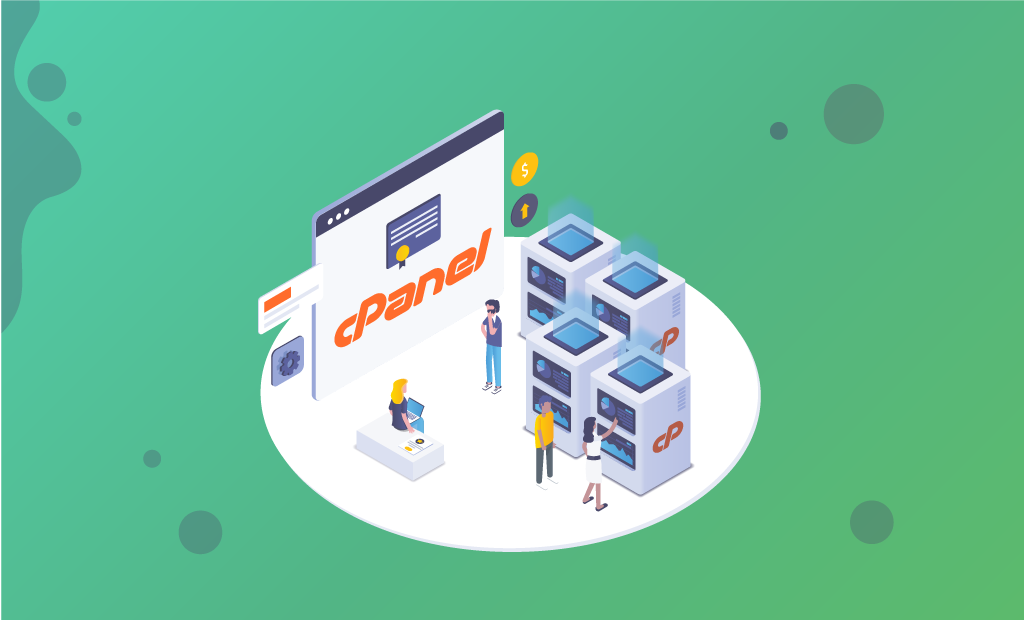Enhancing Website Speed and Optimization Methods in cPanel
cPanel In today’s digital world, website speed is a critical factor that influences user experience, search engine rankings, and overall online success. Fortunately, cPanel provides a variety of tools and methods to help website owners enhance their site’s speed and optimize performance. In this article, we’ll explore several effective strategies for improving website speed using cPanel.
1. Utilize Content Caching
Content caching is one of the most effective ways to improve website speed. By storing static files like images, CSS, and JavaScript on the server or the user’s device, caching reduces the time it takes for a website to load. In cPanel, you can enable caching through plugins like LiteSpeed Cache or by configuring caching directives in the .htaccess file. Properly implemented caching can significantly decrease load times, providing a smoother experience for visitors.
2. Enable GZIP Compression
GZIP compression is another powerful tool to speed up your website. It works by compressing your website’s files, making them smaller and faster to transfer to visitors’ browsers. cPanel offers easy options to enable GZIP compression either through the “Optimize Website” tool or by adding the appropriate directives to your .htaccess file. Implementing GZIP compression can lead to faster load times and improved user satisfaction.
3. Optimize Images
Images are often the largest elements on a webpage, and large images can significantly slow down a website. To address this, cPanel provides several tools for optimizing images, such as OptiPNG or JPEGoptim, which compress images without compromising quality. Additionally, using responsive images ensures that they are displayed correctly on all devices, further improving load times and user experience.
4. Minify CSS and JavaScript
Minifying CSS and JavaScript files involves removing unnecessary characters such as comments, whitespace, and line breaks, reducing the file size and speeding up load times. You can achieve this optimization in cPanel by using plugins like Autoptimize or by manually minifying the files and integrating them into your website’s code. Minification is a simple yet effective way to enhance performance, especially on content-heavy sites.

5. Leverage Browser Caching
Browser caching helps reduce load times by instructing the browser to store static resources locally, so they don’t have to be downloaded again on subsequent visits. In cPanel, you can configure browser caching by using the “Cache Manager” tool or by adding expiration headers to your .htaccess file. Properly leveraging browser caching can lead to faster repeat visits and an overall improved user experience.
6. Enable HTTP/2 Protocol
HTTP/2 is a modern protocol that offers significant performance improvements over the older HTTP/1.1. It allows multiple file requests to be handled simultaneously over a single connection, speeding up the loading process. Most modern web servers, including those supported by cPanel, already support HTTP/2. You can enable this protocol through cPanel’s “MultiPHP Manager” or by consulting your hosting provider for assistance.
7. Implement Server-Side Optimization
Server-side optimizations can have a profound impact on your website’s performance. This includes enabling PHP opcode caching, optimizing MySQL databases, and fine-tuning server settings to match your website’s specific needs. Tools like cPanel’s “PHP Selector” and “MySQL Database Wizard” make it easy to implement these optimizations, ensuring that your server runs efficiently and your website performs at its best.
8. Monitor Performance Metrics
Regularly monitoring your website’s performance is key to maintaining and improving speed over time. cPanel’s “Metrics” section provides valuable insights into load times, page sizes, and other critical indicators. Additionally, third-party tools like Google PageSpeed Insights or GTmetrix can help you identify areas for improvement and track the effectiveness of your optimization efforts.
Conclusion
Enhancing website speed and performance in cPanel requires a combination of utilizing built-in tools, following best practices, and continuously monitoring and refining performance metrics. By implementing the optimization methods outlined above, website owners can create faster, more responsive websites that offer a superior user experience and achieve better search engine rankings.




